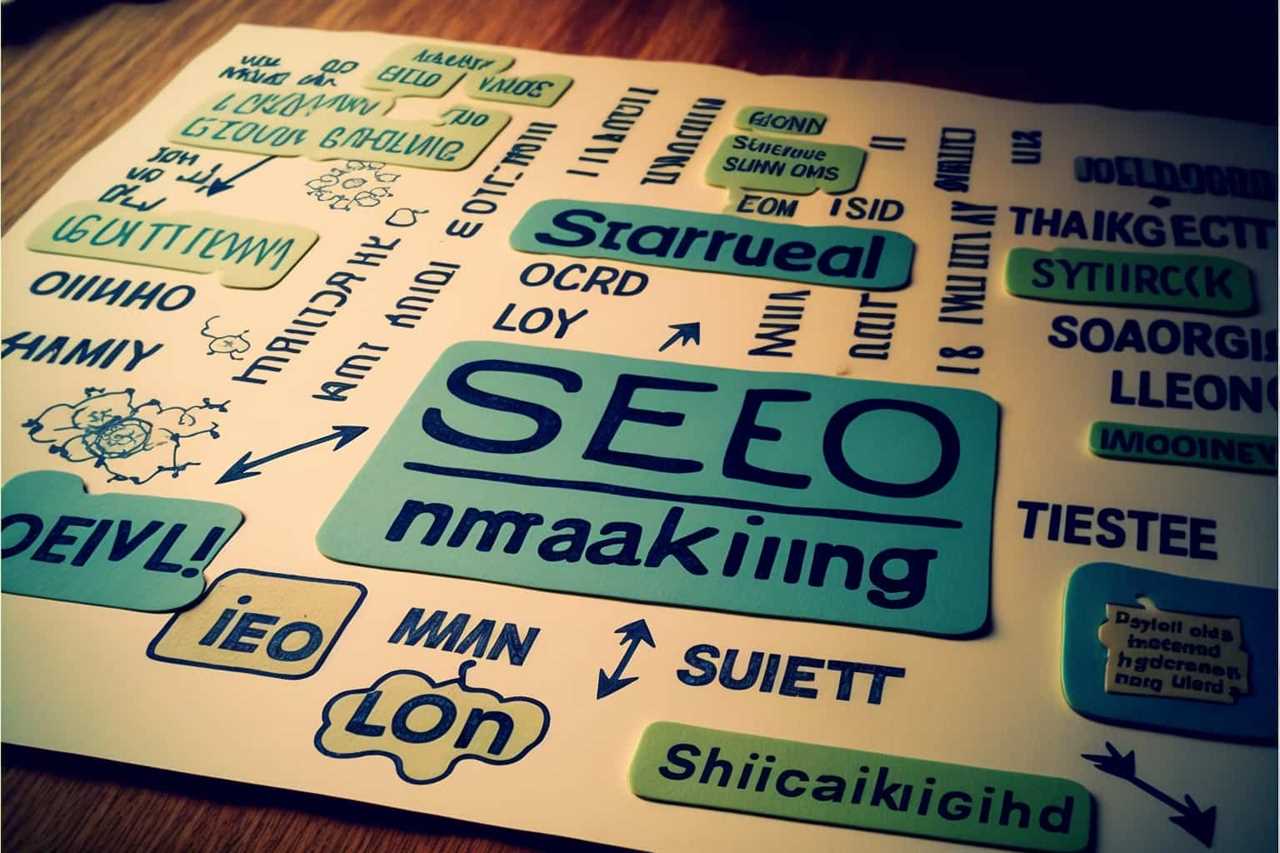We are on the verge of a healthcare revolution. The potential for AI in healthcare is enormous, and it is poised to transform the way we diagnose, treat, and prevent diseases.
Imagine a world where AI-driven algorithms can accurately diagnose illnesses with unprecedented speed and precision. Picture personalized treatment plans tailored to each individual, guided by data-driven insights.
With the automation of administrative tasks and enhanced patient monitoring, AI will revolutionize healthcare like never before. Get ready to witness the power of AI in shaping the future of healthcare.
Key Takeaways
- AI in healthcare is revolutionizing diagnostics and treatment by analyzing vast amounts of data, identifying patterns, and providing more precise and timely diagnoses.
- AI is playing a crucial role in drug discovery and development by analyzing data to identify potential drug candidates, predicting efficacy and safety, and optimizing clinical trials.
- Automation of administrative tasks through AI is streamlining operations, automating repetitive tasks, and freeing up time for healthcare professionals.
- AI technology is enhancing patient monitoring by enabling remote monitoring, predicting adverse events, and revolutionizing patient care from reactive to proactive.
Increased Use of AI in Diagnostics
We are witnessing an exponential rise in the utilization of AI in diagnostics within the healthcare industry. This trend is driven by the promise of improved accuracy and faster diagnosis.

AI algorithms have the ability to process vast amounts of data and identify patterns that may not be easily detectable by human clinicians. By harnessing the power of machine learning, AI systems are able to analyze medical images, patient records, and genetic data to provide more precise and timely diagnoses.
This not only leads to better patient outcomes but also reduces healthcare costs by minimizing unnecessary tests and treatments.
As we delve deeper into the era of AI in diagnostics, it’s crucial to explore how these advancements can be integrated into AI-driven personalized treatment plans.
Ai-Driven Personalized Treatment Plans
As we delve deeper into the era of AI in diagnostics, healthcare providers can leverage AI-driven personalized treatment plans to optimize patient care. With the advancement of precision medicine, AI algorithms can analyze vast amounts of patient data to generate tailored treatment plans that take into account individual characteristics, preferences, and genetic profiles. This data-driven approach empowers patients by actively involving them in their own treatment decisions and promoting patient engagement. By personalizing treatment plans, AI can help healthcare providers deliver the right interventions at the right time, improving patient outcomes and reducing healthcare costs.

Furthermore, AI can continuously learn and adapt treatment plans based on real-time patient data, ensuring that the care provided remains up-to-date and effective. As we explore the potential of AI-driven personalized treatment plans, it’s crucial to also consider the automation of administrative tasks in healthcare, which can further enhance patient care and improve operational efficiency.
Automation of Administrative Tasks in Healthcare
With the advancement of AI-driven personalized treatment plans, we can now explore the automation of administrative tasks in healthcare. Streamlining operations and optimizing workflows through automation can have a significant impact on the efficiency and effectiveness of healthcare organizations. By leveraging AI technologies, healthcare providers can automate repetitive and time-consuming administrative tasks, allowing healthcare professionals to focus on delivering high-quality patient care.
To illustrate the potential benefits of automating administrative tasks in healthcare, consider the following table:
| Task | Manual Process | Automated Process |
|---|---|---|
| Appointment scheduling | Manual phone calls or emails | AI-powered chatbots or self-service portals |
| Billing and claims processing | Manual data entry and paper-based documentation | AI-powered software for automated billing |
| Patient record management | Paper-based files and manual record updates | Electronic health records with AI-driven updates |
| Inventory management and ordering | Manual tracking and reordering | AI algorithms for demand forecasting and ordering |
Enhanced Patient Monitoring Through AI Technology
By leveraging AI technology, we can enhance patient monitoring in healthcare, revolutionizing the way healthcare professionals track and analyze patient data.

With remote patient monitoring enabled by AI, healthcare providers can monitor patients’ vital signs and health conditions in real-time, no matter where they are. This allows for proactive interventions and timely responses to any changes or emergencies.
Additionally, AI-powered risk assessment algorithms can analyze large amounts of patient data to identify potential health risks and predict adverse events. This helps healthcare professionals prioritize and allocate resources effectively, improving patient outcomes and reducing healthcare costs.
As AI continues to advance, it holds the potential to transform patient monitoring from a reactive approach to a proactive one, enabling early detection and intervention.
This seamless integration of AI into patient monitoring sets the stage for the next section, where we explore the application of AI-powered predictive analytics for disease prevention.

Ai-Powered Predictive Analytics for Disease Prevention
Now, let’s delve into how AI-powered predictive analytics can be utilized for disease prevention in healthcare.
With the advancement of technology, remote patient monitoring has become increasingly feasible, allowing healthcare providers to collect real-time data on patients’ health conditions.
By analyzing this data using AI algorithms, predictive analytics can identify patterns and potential risks for diseases. This early intervention approach enables healthcare professionals to take proactive measures and prevent the development or progression of diseases.
For example, AI-powered predictive analytics can identify individuals at high risk for cardiovascular diseases based on their medical history, lifestyle choices, and genetic factors. This information can then be used to design personalized interventions and preventive strategies, such as lifestyle modifications, medication adjustments, or targeted screenings.

Frequently Asked Questions
What Are the Potential Ethical Concerns Surrounding the Increased Use of AI in Diagnostics?
The increased use of AI in diagnostics raises potential ethical implications and accuracy concerns. We must carefully consider issues such as privacy, bias, and the impact on patient-doctor relationships to ensure a responsible and effective integration of AI in healthcare.
How Does Ai-Driven Personalized Treatment Plans Ensure Patient Privacy and Data Security?
AI-driven personalized treatment plans ensure patient privacy and data security by incorporating patient consent and utilizing advanced AI algorithms. This allows us to prioritize patient confidentiality and safeguard their sensitive information, providing a secure and individualized healthcare experience.
What Are Some Potential Challenges in Automating Administrative Tasks in Healthcare Using Ai?
Automating administrative tasks in healthcare using AI brings ethical implications and impacts healthcare professionals. We must consider potential challenges such as ensuring data privacy, maintaining patient trust, and addressing the human workforce’s role in providing quality care.
How Can AI Technology Enhance Patient Monitoring in Remote or Underserved Areas?
In remote or underserved areas, AI technology can enhance patient monitoring through remote monitoring solutions and telehealth integration. This allows for real-time data collection, analysis, and intervention, improving healthcare accessibility and outcomes.

What Are the Limitations and Risks Associated With Using Ai-Powered Predictive Analytics for Disease Prevention?
Limitations and risks associated with using AI-powered predictive analytics for disease prevention include potential ethical concerns, accuracy and bias issues, and the need for human oversight. However, with careful implementation and continuous improvement, these challenges can be addressed to unlock the full potential of AI in healthcare.
Conclusion
As we look ahead to the future of healthcare, one thing is clear: AI is set to revolutionize the industry.
With its ability to enhance diagnostics, personalize treatment plans, automate administrative tasks, and improve patient monitoring, the possibilities are endless.
By harnessing the power of predictive analytics, we can even prevent diseases before they occur.
The future is bright, and with AI leading the way, we can expect a healthcare system that’s more efficient, effective, and patient-centered than ever before.










